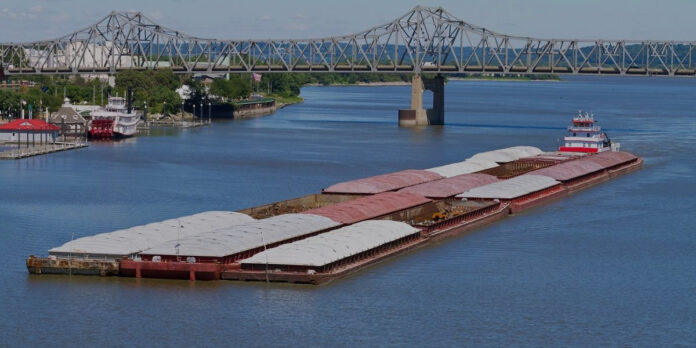We have many lakes and rivers in the US and all are protected by strict anti-pollution measures monitored by the Environmental Protection Agency (EPA). The Biden administration has strengthened waterways protection generally and seems committed to protecting wildlife and monitoring industry regarding waste management.
Constant Conflict with Industry
There is a constant battle for industry; they need their operation to be cost-effective and that can lead to releasing toxic waste into our rivers and streams. Of course, the EPA closely monitors industrial waste management, while factories use oil water separators made by a specialist company, which removes oil-based particles down to 20 microns and ensures the waste fully meets EPA benchmarks. Large processing plants invest heavily in filtration systems and water-oil separators that enable them to release their waste into waterways, while the residue is removed.
Oil Water Separators
There are 3 main types of oil water separators, which are:
- Above grade oil water separators
- Flush with grade oil water separators
- Below grade oil water separators
If you are in need of waste filtration and are not sure what system to use, talk to a leading West Palm Beach oil water separator and they would be happy to advise you on all aspects of oil water separation. In order to meet the strict discharge limits, businesses need to use the best water filtration systems. Here are a few tips to leverage IT into your business.
Clean Water Act 1972
This piece of legislation began a huge environmental push to clean up the streams, rivers and lakes, which are lifelines to all vegetation and wildlife. For too long, industrial sites were skimping on waste filtration and toxic material seeped into our waterways and that impacted all wildlife. The Act empowers the EPA and the US military to define specific waterways and closely monitor the water purity and they can impose heavy fines on businesses that fail to comply.
Environmental Protection Agency
This is the agency that is tasked with keeping our waterways clean and free of toxins; here is a waterway assessment resource to help you evaluate your waterway. If you like to fish a certain lake, you can find all the water details on this website, or you might own a fishery and need information about river flow and water quality. Visit their homepage often and check on the progress of environmental projects that are of interest to you, and there are a lot.
Testing the Water
There are many EPA teams that spend their time visiting rivers, lakes & streams to test the water for contaminants. Of course, there are many waterways in the US and that means many separate teams, each with their own set of venues to inspect and when they find poor quality water, the hunt is on for the source of the contamination.
With very strict discharge limits, industrial plants have to employ the latest technology to maintain a high level of water filtration, with state-of-the-art oil water separator systems that remove oil particles down to 20 microns.








